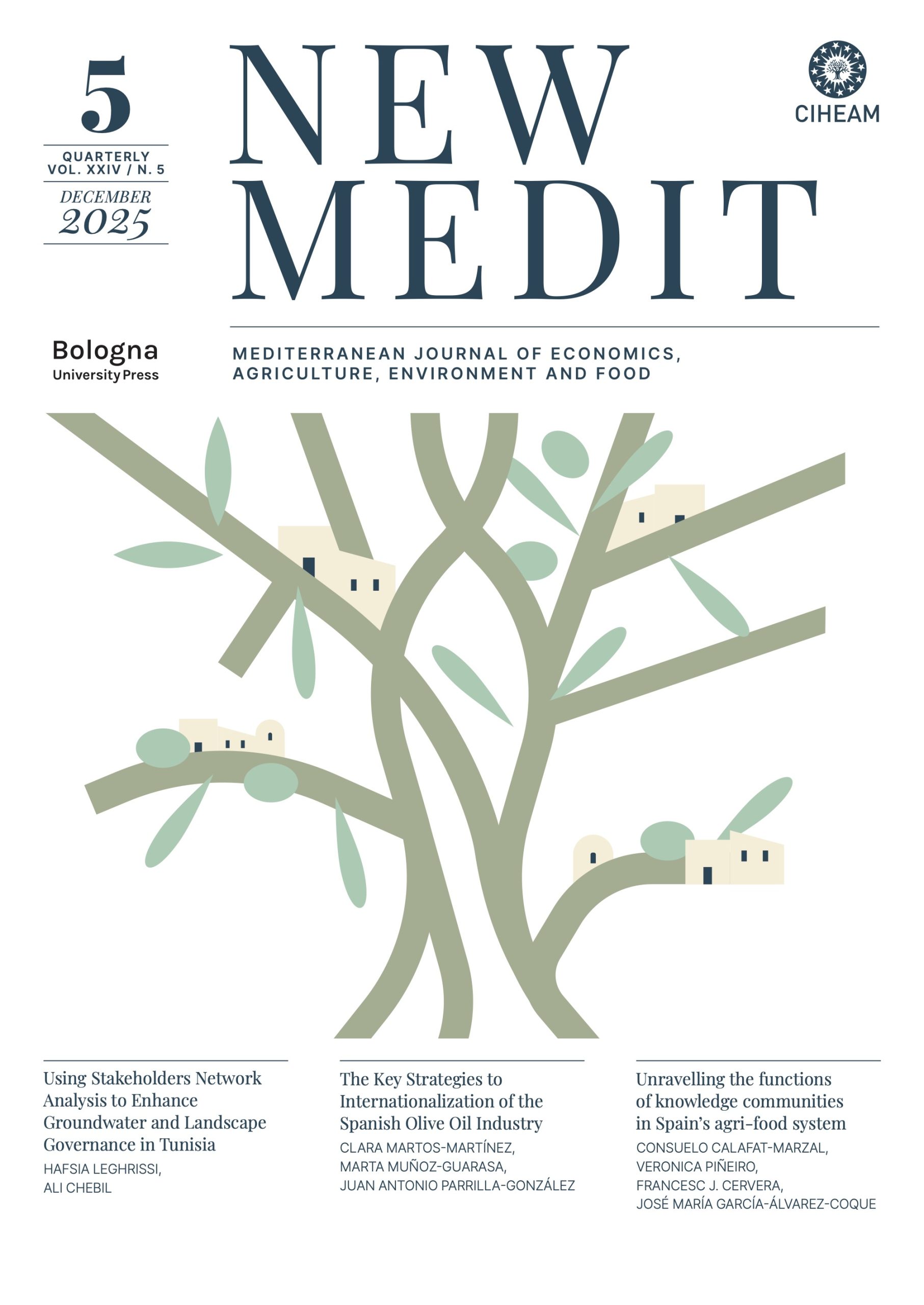While agriculture’s role in carbon emissions has been studied broadly, there is a notable lack of disaggregated studies that focus on the carbon footprint of specific crops, such as tomatoes. This is further exacerbated by the fact that tomatoes are a staple food globally, and the carbon emissions of their production could vary significantly across different cultivation methods, regions, and supply chains. This literature gap limits our understanding of where emissions originate and where they can be mitigated. In this context, the aim of this study is to provide a comprehensive evaluation of the carbon footprint in tomato production in Greece by means of a Life Cycle Assessment.
Results indicate that the energy required to produce the tomato is the factor that has the greatest environmental impact. The fertilizers and the materials used to package the product also affect significantly the overall environmental impact. Tomatoes are an essential component of global food systems. Thus, even marginal improvements in the carbon efficiency of tomato production could yield significant environmental benefits, and a detailed carbon footprint analysis could influence policy and practice.











